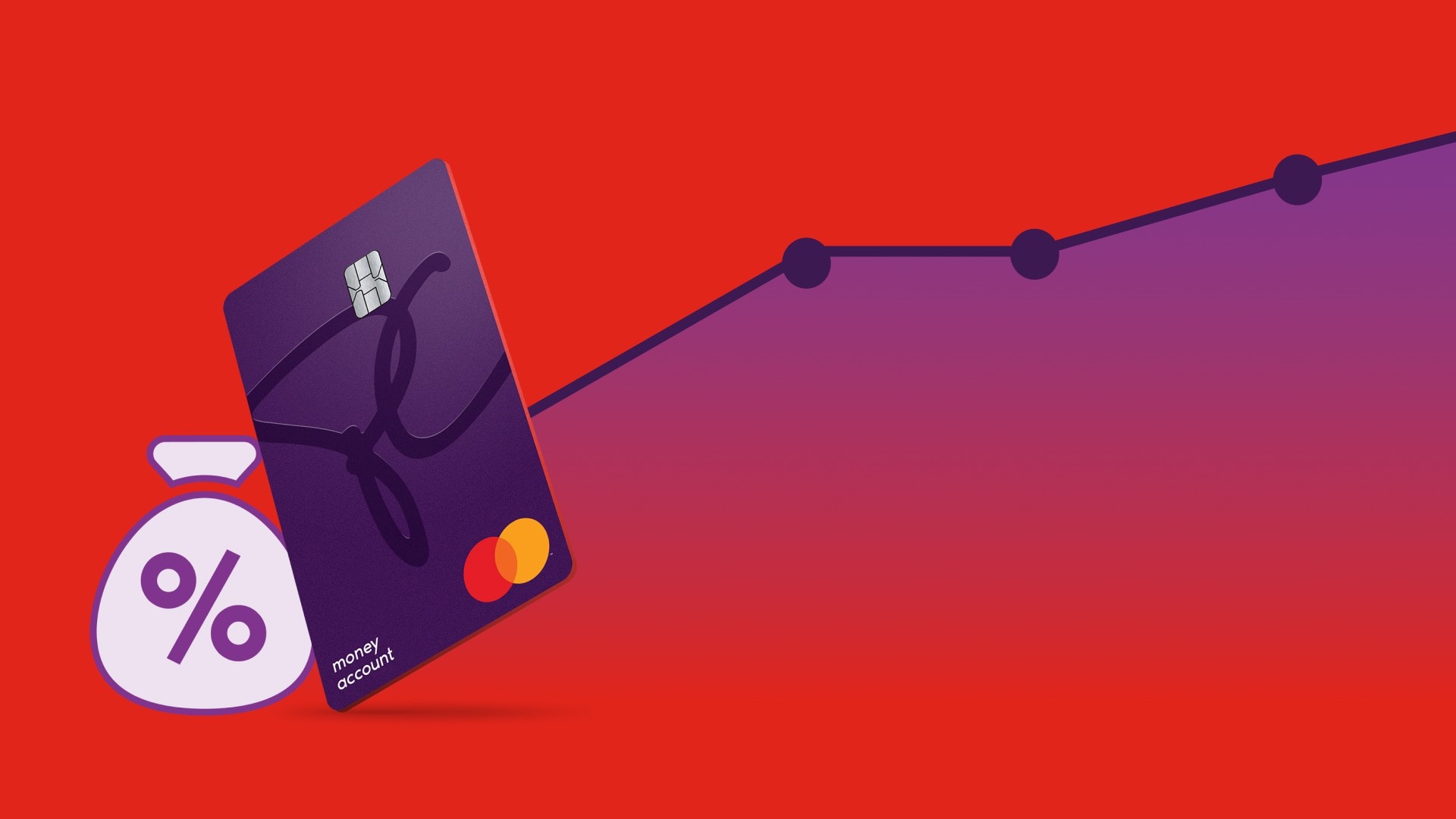Step up your cyber security in just 5 steps
%2520(1).jpg)
It’s National Cyber Security Awareness Month. And while it may not seem like cause for celebration, it is a good reminder to take account of what you already know and what you can learn when it comes to helping protect your credit card (opens in a new window), banking and other digital privacy.
The digital landscape is ever-changing, with new scams and vulnerabilities popping up constantly. But keeping pace with these modern threats, are innovative ways to help protect yourself and others. Understanding the digital products you have access to and how you can make the most of them is integral. So, let’s start with what’s in your wallet. PC Financial® products are all about providing you with great value on your everyday banking and spending, but we’re just as committed to helping you stay safe. Let’s get into five ways we help you do that!
🔤 Start with the basics – even if they seem obvious
Knowing which cyber threats are out there is the first step toward defending yourself. Start with the most common ones like phishing (opens in a new window) (fraudulent emails asking for personal info), malware (software designed to gain unauthorized access to your system) and ransomware (a type of malware that locks you out until you pay). Teaching yourself about these threats can really help you detect them before it’s too late.
Some other “digital housekeeping” tips include using strong passwords, enabling 2-factor authentication, and regularly updating your software and operating systems with the very latest security patches that address new vulnerabilities (think of it like paving over potholes).
.png)
🪪 Protect your online identity just like your offline one
How can you make sure your personal information isn’t in the hands of people who can’t be trusted? Use unique usernames and passwords across different accounts you create. That way, if one platform has a security breach, you’re not giving the hackers a head start trying to get into your other accounts.
It's also important to exercise caution while sharing personal info online. Letting everyone on social know you made a new recipe is fine. Letting everyone on social know you made a big investment in crypto? Probably best to keep that to yourself.
🎣 Phishing attacks are awful, but avoidable!
Receiving an additional income tax return would be nice – but would the government really text you? If an email, automated phone call or SMS message feels off, trust your gut. At least until you’ve thought about the situation critically. Some other ways to detect cyber criminals in disguise include checking the email address to see if it’s coming from who they say they are, bad web design (typos, pixelated images, unusual formatting) and requests for personal info (Social Insurance Number, password, or other account details). It’s always a good idea to confirm the source you are in contact with is real before sharing any personal details (especially if they’re reaching out via email or SMS text forms).
🧘 Make this your mantra – “back up data regularly”
If peace of mind is your priority, start with backing up critical files offline or securely on the cloud. One approach businesses take that can also work for individuals, is to create a routine backup schedule so you’re regularly reducing the risk of losing important data.
.jpg)
🔐 PC Financial® puts security first
When it comes to cyber security, we don’t just talk the talk (opens in a new window). PC Financial® is committed to using industry-leading practices and technologies to help ensure your private information is just that – private! Here are the tools and tips we equip you with:
Encryption
We use industry-grade measures (256-bit encryption where supported by your browser) to encrypt and secure/protect your data between your personal computer and our website.
Secure Authentication
Transport Layer Security (TLS) protocols help secure your connection to our web servers and allows you to confirm a web server’s identity. Your browser can automatically check that a server’s certificate and public ID are valid and have been issued by an independent third-party certificate authority (CA), such as DigiCert or VeriSign.
Multi-Factor Authentication
After logging in with your username and password, you’ll use SMS or email validation, creating a strong secondary barrier against unauthorized access attempts.
Account Setup & Forgotten online password
To setup your access or reset your password, you will be asked several questions that only you should be able to answer. This is to identify that you are really you (and not someone posing as you).
Password Complexity
In order to keep your account information secure, you will be asked to create and maintain a password complex enough that it’s not easy to guess. This password needs to be at least 10 characters long and contain letters, numbers, and special characters. Remember: the longer your password, the more secure it is!
Fraud Detection Tools
We use best-in-class fraud-detection tools, starting with when you submit your application. We provide fraud monitoring to our customers on their transactions and have a dedicated team of specialists available to work with customers impacted by fraud.
In the digital era, security is like your password to peace of mind. Don’t get overwhelmed by everything you hear about hackers and online fraud (opens in a new window). Take the information and tools available to you and use them to empower yourself. You can start by setting up various notifications and alerts in the PC Financial® app (opens in a new window) to help monitor your account activity and transactions. You've only got one identity, it's worth protecting!
General information not about PC Financial® products is provided for your reference and interest only. The above content is intended only to provide a summary and general overview on matters of interest and is not a substitute for and should not be construed as the advice of an experienced professional. PC Financial® does not guarantee the currency, accuracy, applicability or completeness of this content.



